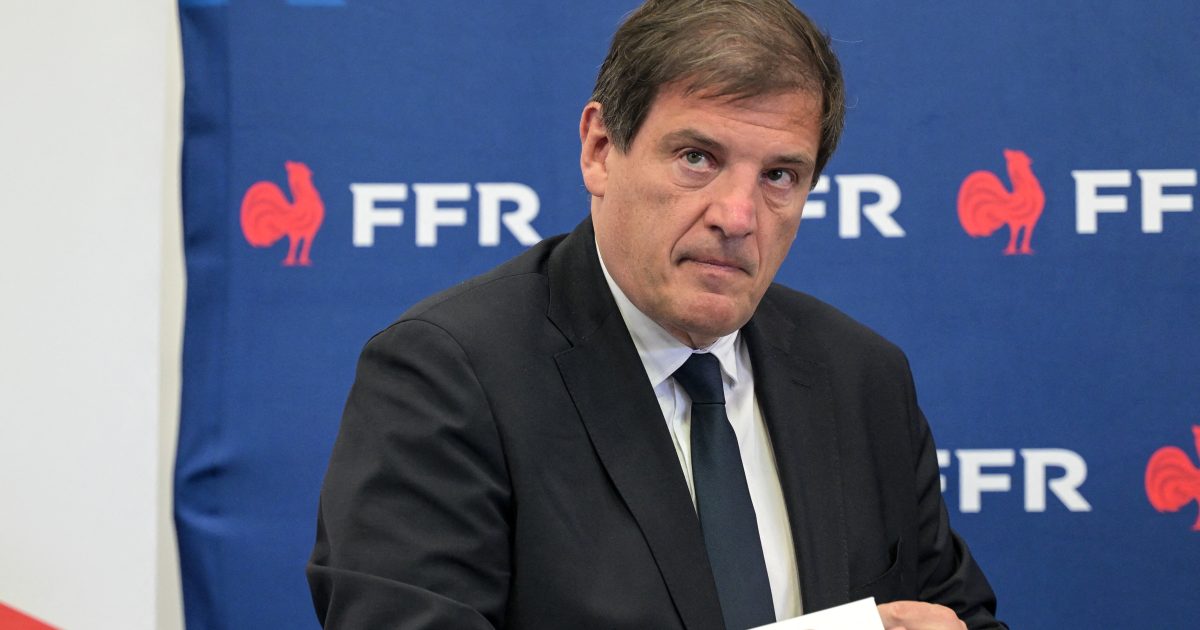La FFR affiche 13 millions d'euros de pertes sur la saison 2023-2024

La Fédération française de rugby (FFR) affiche une perte de 13 millions d’euros sur son exercice décalé de la saison 2023-2024, plombée notamment par les pertes liées à l’organisation du Mondial-2023, selon un communiqué publié samedi.
Les comptes présentés en assemblée générale confirment « la situation économique extrêmement tendue », reconnaît la FFR.
Le déficit d’exploitation s’élève à « 29 millions d’euros » pour la saison, contre 15,4 la saison dernière. La fédération a notamment comptabilisé une perte de 16,3 millions d’euros en raison du déficit lié au groupement d’intérêt économique (GIE) de l’organisation de la Coupe du monde de rugby 2023, dont elle est actionnaire à 55%.
Trois millions d’euros avaient déjà été provisionnés sur les comptes du précédent exercice.
La fédération peut toujours compter sur la manne liée à la cession d’une partie de la société qui organise le Tournoi des six nations au fonds d’investissement CVC, ce qui lui permet de ramener la perte à 13 millions d’euros sur la saison.
Le produit de cette vente lui avait permis d’être dans le vert lors des deux précédentes saisons malgré les pertes d’exploitation (bénéfice net de 3,7 millions d’euros en 2022-2023 et de 6,6 millions d’euros en 2021-2022), mais il « cessera à l’issue de la saison 2025-2026 », rappelle la fédération.
Pour améliorer la situation, la FFR mise sur une « baisse drastique » de ses dépenses, le renouvellement de la concession du Stade de France dans une « négociation capitale » en cours, ainsi que sur une nouvelle « répartition des revenus des Six Nations » que la FFR juge « actuellement très défavorable à la France ».
Les finances de la FFR ont été un fort enjeu de la campagne pour la présidence de l’institution, remportée en octobre par Florian Grill, en place depuis juin 2023. Dans le monde du rugby, plusieurs clubs et fédérations, notamment en Australie ou en Angleterre, connaissent aussi de graves difficultés.
Nos experts ont classé les meilleurs joueurs de rugby de l’histoire. Retrouvez notre Top 100 et dites-nous ce que vous en pensez !



